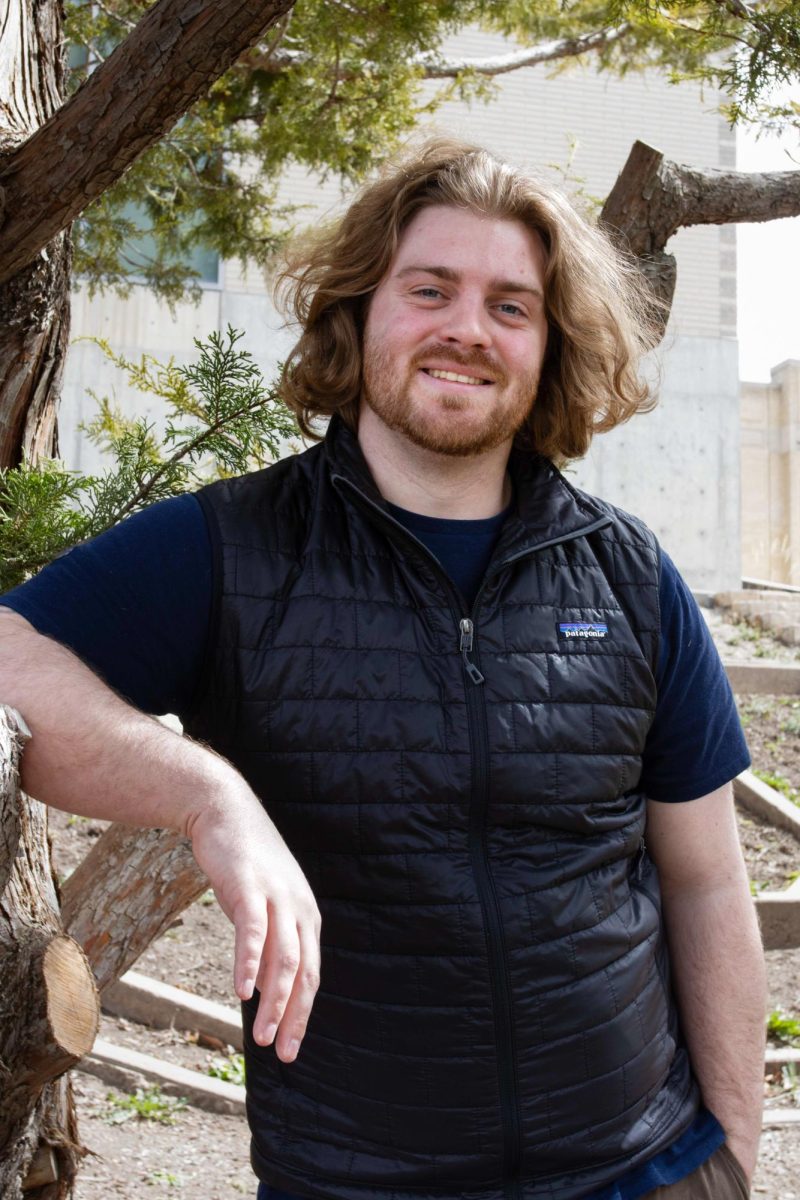On New Year’s Eve 2021, I watched Paul Thomas Anderson’s “Magnolia” for the very first time. My wife was asleep on our bed. She was recovering from both COVID and an ectopic pregnancy surgery. She went to bed very early to harbor some well-needed shelter from the darkness of cognizance. Our hearts were broken at the failed prospect of parenthood, and I sat alone on the couch as a new year beckoned.
I’ve always liked New Year’s, though I’ve never been one for resolutions. I like the idea of starting fresh, leaving behind the parts of us that are a little unsavory. However, this New Year’s, I was having a difficult time seeing any sort of light sneak through the cracks. That was until I watched Earl Partridge (Jason Robards) on his deathbed talk about regret while his estranged son wept. I sat in a pool of awe and amazement as the credits rolled and 2022 was ushered in. I opened my phone and began to write my Letterboxd review. This is just a portion of it:
“We don’t ever know when our lives are going to implode. In the aftermath, there are opportunities to forgive the immense pain and sadness caused by the implosion. These opportunities are some of the most real and human moments we can experience. Maybe it’s just because I watched this at the end of one of the toughest most unfair months of my short life, but those moments have never seemed so special. Sometimes shit just happens and there’s no punch, no otherworldly meaning or coincidence, it just happens. So, do we forgive the universe, or the asshole, or ourselves, for the implosion? Figuring out whether or not we need too, is the tough part of the job.”
I didn’t write this for my three followers, or because I felt like anyone needed to hear what I thought about “Magnolia.” I wrote it because “Magnolia” came through for me in the one of the most lonely moments of my (very privileged) life. I remember thinking I had to thank it in some way, and that was the only way I knew how.
I feel like I’ve had countless experiences like this. So often there has been a song, movie, statue, podcast or painting that felt like it formed out of the ether to directly touch my heart. Through my three years on the Arts Desk, I’ve had the distinct pleasure to translate some of these moments into pieces of writing.
While he isn’t someone I typically go to for existential wisdom, Ethan Hawke once said “Most people don’t spend a lot of time thinking about poetry. Right? They have a life to live, and they’re not really that concerned with Allen Ginsberg’s poems or anybody’s poems, until their father dies, they go to a funeral, you lose a child, somebody breaks your heart, they don’t love you anymore, and all of a sudden, you’re desperate for making sense out of this life.”
He’s right, I think. Though the Arts Desk may not always produce the hardest-hitting journalism in the world, art exists to help us make sense of it all. Art exists to help us escape it sometimes. When we are doing it right, I think the Arts Desk can help capture this.
The truth is, I’ve never been a very good journalist. My articles haven’t made waves, or even splashes. I’ve never asked the deep questions or covered the big world altering moments. While a younger version of me might be disappointed in these truths, I’m pretty okay with the cozy corner of the Chrony I’ve been able to occupy.
I feel immensely grateful that I’ve been given the opportunity to think about poetry more often. Or, to see a student-produced play I never would have seen otherwise. Or, to sit in the very front row of a Sundance screening for an experimental indie film that will never again see the light of day. My appreciation for all the small and intricate things that beautify our existence has grown is so many simple and wonderful ways. It’s my sincere hope that my appreciation is reflected even an ounce in my writing.
It fills me with such ecstatic joy knowing that someday some kid is going to watch their “Magnolia” for the first time and have their world cracked right open. I think that is what it’s all about. It’s a gift that we get to share this space with more moving art that we will ever be able to fathom.
The Chronicle gave me a chance to revel in that gift a little deeper. My message? Take a breath. Wander into a forest. Lose yourself in a book. Watch the foreign film that’s playing at the Broadway. Write a crappy poem. I truly believe we will all be a little better for it.




